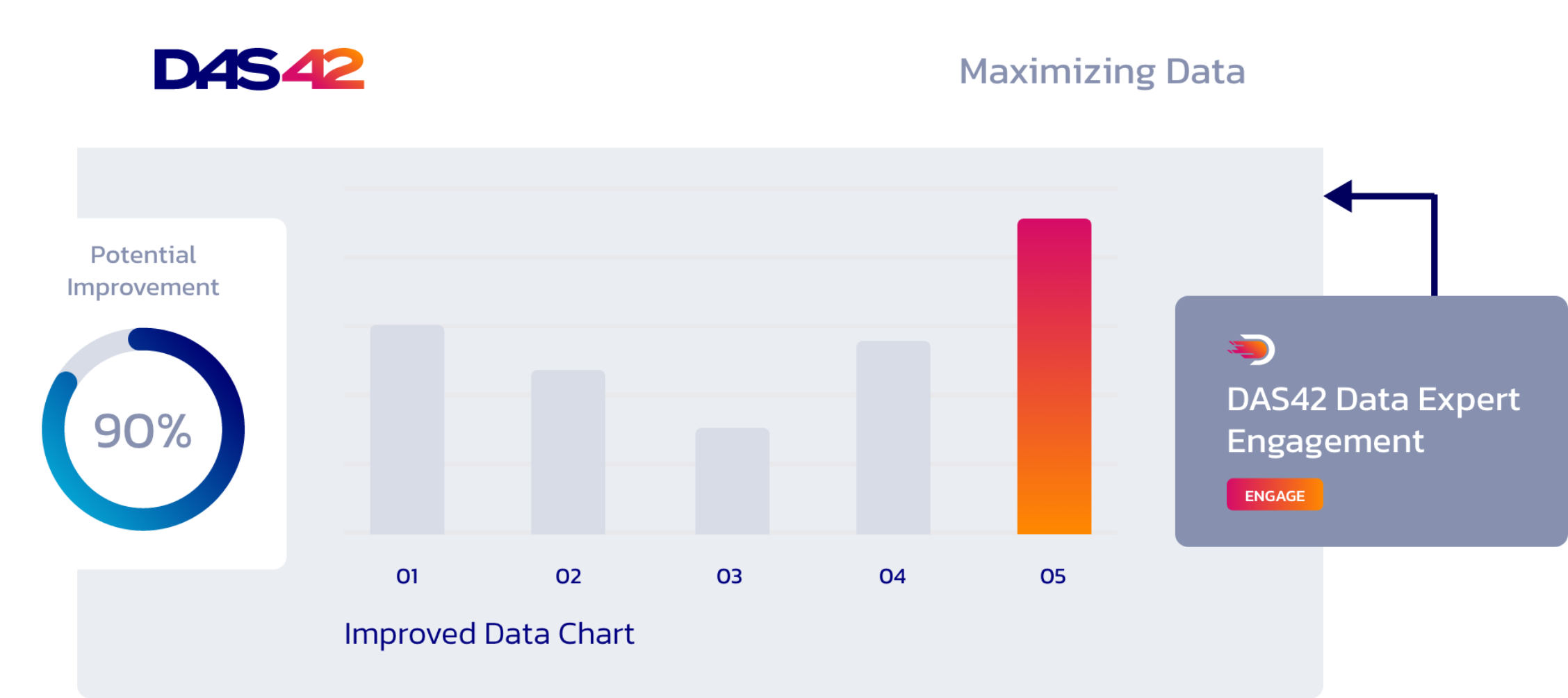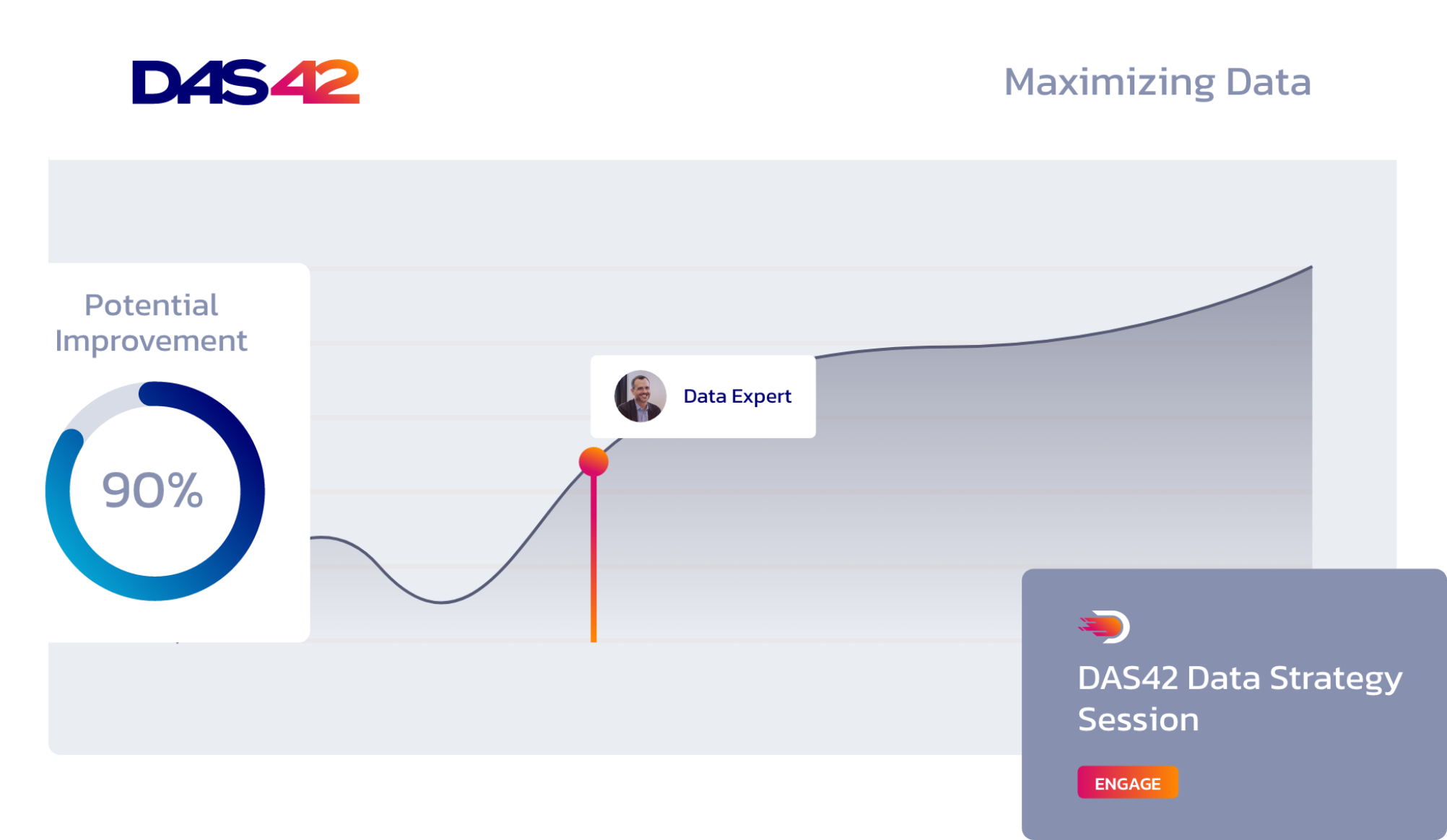Developers and distributors of casual mobile and computer games need to make fast decisions about their games on a on a daily – and sometimes hourly – basis. They monitor current games to determine player engagement and retention, ease and difficulty of play, the status of in-game currency, and more. They analyze new games to judge if they have the potential to become a hit and determine if they are going to increase, reduce, or end their investment in that game.
The challenge
When we started working with this Pacific Northwest-based game company, they were using a legacy system to analyze the stream of data flowing from their games. The marketing team and product managers were unable to create their own reports. Instead they made data requests. Much of their data was in JSON, which isn’t an analytics-friendly format.
This process slowed time to insight and reduced their ability to react at the speed required in the industry. When launching new games, it was difficult to set up data so they could quickly and easily compare new games to successful legacy games, even though many used the same game mechanics. We needed to get them to one degree of separation between their data and those that needed to use it.
The solution
Data Governance
We worked with them to make sure that all KPIs were aligned and comparable across different games, and to determine the common metrics they wanted to measure.
One important aspect of their business is understanding the lifecycle of a player. What do they do in the first seven days? In the first 30 days? This knowledge helps them predict the success of the game. We worked with the marketing team and product managers to determine what KPIs they should track, which are most impactful, and how they are defined. We then built tools that allow them to make direct comparisons across games.
Data & Cloud Analytics Strategy
The marketing teams and product managers can’t afford a day or more of latency in their data analytics. The fast-moving gaming environment requires frequent tweaks to the game in terms of performance, in-game adjustments, and the ability to promote changes in the games that increase player engagement.
When we started working with them, they couldn’t create their own reports. They had to request a report and add metrics every time a new game launched. It’s a time-consuming challenge to determine all the metrics for every new game.
We solved this challenge by setting up Looker as their business intelligence platform. This provided two immediate benefits.
- Managers are now able to generate reports on their own, reducing the time to insight and increasing their agility.
- They save time and have increased efficiency because they no longer need to generate metrics for a new game. Common KPIs are predetermined, allowing both the marketing and product teams to surface data specific to their needs and dissect it as they see fit.
How did it turn out?
Data is the lifeblood of the mobile game industry. Player actions and engagement are unpredictable and dynamic. The ability to quickly analyze player-generated data can determine the viability of a game and influence the overall health of the company. It’s vital to know when a game is taking off and requires additional investment, and when it’s a dud that needs to be jettisoned.
In conclusion, our client was enabled to make faster business decision. The tools we built improved our client’s marketing teams and product managers the ability to quickly reach insights and make informed decisions about games being pitched to them, in development, in early release, and throughout their lifecycle.
Services provided









